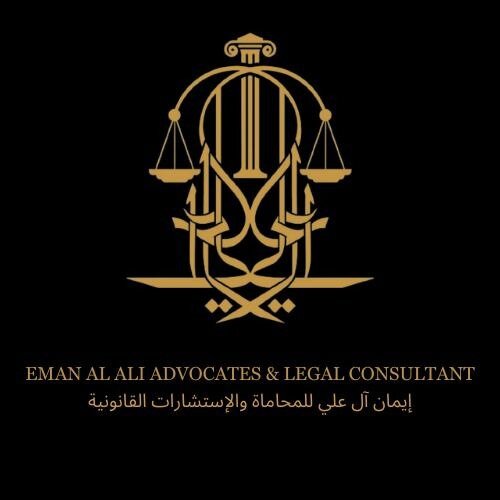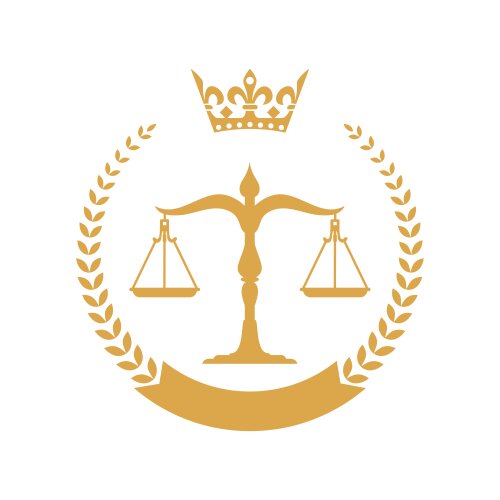Best Brokerage Lawyers in Dubai
Share your needs with us, get contacted by law firms.
Free. Takes 2 min.
Free Guide to Hiring a Real Estate Lawyer
List of the best lawyers in Dubai, United Arab Emirates
About Brokerage Law in Dubai, United Arab Emirates
Brokerage law in Dubai is an essential aspect of the financial and real estate sectors, governing the activities of brokers who act as intermediaries between parties in various transactions. The laws are designed to ensure transparency, fairness, and professionalism in dealings that involve significant financial and contractual obligations. Due to Dubai's position as a global financial hub, its brokerage laws are aligned with international standards while also accommodating local business practices. The Dubai Financial Services Authority (DFSA) regulates financial brokerage activities in the Dubai International Financial Centre (DIFC), whereas real estate brokerage is regulated by the Dubai Land Department (DLD) through the Real Estate Regulatory Agency (RERA).
Why You May Need a Lawyer
There are numerous situations in which seeking legal advice for brokerage matters in Dubai might be essential:
- Complex Transactions: Navigating large-scale transactions, whether in real estate or financial markets, often requires legal expertise to ensure compliance with local laws and avoid potential disputes.
- Contract Negotiation: A lawyer can help draft and negotiate brokerage agreements to protect your interests and mitigate risks.
- Regulatory Compliance: Ensuring adherence to both local regulations and international standards can be complicated, and a lawyer can provide the necessary guidance.
- Dispute Resolution: In the event of disputes between brokers and clients or between brokerage firms, legal representation can be crucial in achieving a favorable outcome.
- Licensing Issues: Brokerage activities require proper licensing, and a lawyer can assist with the application process or resolve issues related to licensing violations.
Local Laws Overview
Key aspects of local laws relevant to brokerage in Dubai include:
- Licensing Requirements: Brokers must obtain the appropriate licenses from either the DFSA for financial services or RERA for real estate. Licensing involves meeting stringent criteria and undergoing regular reviews.
- Advertising Regulations: There are specific guidelines on how brokerage services can be marketed, with particular emphasis on avoiding misleading information.
- Code of Conduct: Both financial and real estate brokers must adhere to ethical conduct standards, which emphasize transparency, integrity, and fairness.
- Client Protection Laws: Laws ensure that client interests are protected, requiring clear communication of risks and obligations.
- Data Protection: Given the sensitivity of client data, laws mandate robust data protection measures in all brokerage dealings.
Frequently Asked Questions
What is the process for obtaining a brokerage license in Dubai?
The process involves applying to the relevant regulatory authority (DFSA for financial brokers or RERA for real estate brokers), meeting their criteria, undergoing training, passing exams, and maintaining compliance through regular audits.
What are the penalties for unlicensed brokerage activity in Dubai?
Engaging in brokerage without a license can lead to severe penalties, including fines, imprisonment, and the closure of the business.
How can clients verify the license of a broker in Dubai?
Clients can verify a broker's license by checking the online databases provided by the DFSA for financial brokers or the RERA for real estate brokers in Dubai.
Are brokerage fees regulated in Dubai?
Yes, brokerage fees are regulated to some extent, particularly in real estate transactions, where they generally do not exceed certain percentages of the transaction value.
What should I do if I have a dispute with my broker?
First, attempt to resolve the issue directly with the broker. If unsuccessful, you may escalate the matter to the relevant regulatory body or seek legal counsel.
Can foreign nationals become brokers in Dubai?
Yes, foreign nationals can become brokers, but they must meet the licensing requirements and may need a local sponsor or partner.
What documents are typically required for brokerage transactions?
This varies by transaction type, but generally includes identification, financial statements, contracts, and any regulatory approvals.
How are brokerage disputes typically resolved in Dubai?
Disputes may be resolved through negotiation, mediation, or arbitration, and if necessary, litigation may be pursued. The chosen method often depends on the contract provisions.
What impact do international brokerage laws have on Dubai’s brokerage regulations?
Dubai aligns many of its brokerage laws with international standards to facilitate global business transactions and ensure competitive practices.
Where can I find more information on brokerage regulations in Dubai?
Official sources like the DFSA, RERA, and Dubai Courts provide comprehensive information on brokerage regulations in Dubai.
Additional Resources
- Dubai Financial Services Authority (DFSA): Offers guidance on financial brokerage activities and licensing.
- Real Estate Regulatory Agency (RERA): Regulates the real estate brokerage industry.
- Dubai Land Department (DLD): Provides information on real estate transactions and regulations.
- Dubai Courts: Offers resources for legal proceedings related to brokerage disputes.
Next Steps
If you need legal assistance in brokerage matters in Dubai, consider the following steps:
- Consulting a Qualified Lawyer: Seek out a lawyer experienced in brokerage law who can give personalized advice based on your specific situation.
- Gathering Documentation: Collect all relevant documents related to your case, including contracts, correspondence, and financial records.
- Scheduling a Legal Consultation: Arrange a meeting with your legal advisor to discuss your concerns and outline potential strategies for resolution.
- Understanding Your Legal Position: Make sure you understand your rights and obligations within the framework of local brokerage law before taking further action.
Lawzana helps you find the best lawyers and law firms in Dubai through a curated and pre-screened list of qualified legal professionals. Our platform offers rankings and detailed profiles of attorneys and law firms, allowing you to compare based on practice areas, including Brokerage, experience, and client feedback.
Each profile includes a description of the firm's areas of practice, client reviews, team members and partners, year of establishment, spoken languages, office locations, contact information, social media presence, and any published articles or resources. Most firms on our platform speak English and are experienced in both local and international legal matters.
Get a quote from top-rated law firms in Dubai, United Arab Emirates — quickly, securely, and without unnecessary hassle.
Disclaimer:
The information provided on this page is for general informational purposes only and does not constitute legal advice. While we strive to ensure the accuracy and relevance of the content, legal information may change over time, and interpretations of the law can vary. You should always consult with a qualified legal professional for advice specific to your situation.
We disclaim all liability for actions taken or not taken based on the content of this page. If you believe any information is incorrect or outdated, please contact us, and we will review and update it where appropriate.
















